Inspiration and Resources
Keep updated on the latest
news about Zensai

Introducing Zensai’s Revolutionary Human Success Platform

Learn365 + Power BI: Your Data-Driven Dream Team

Anonymous vs transparent workplace feedback
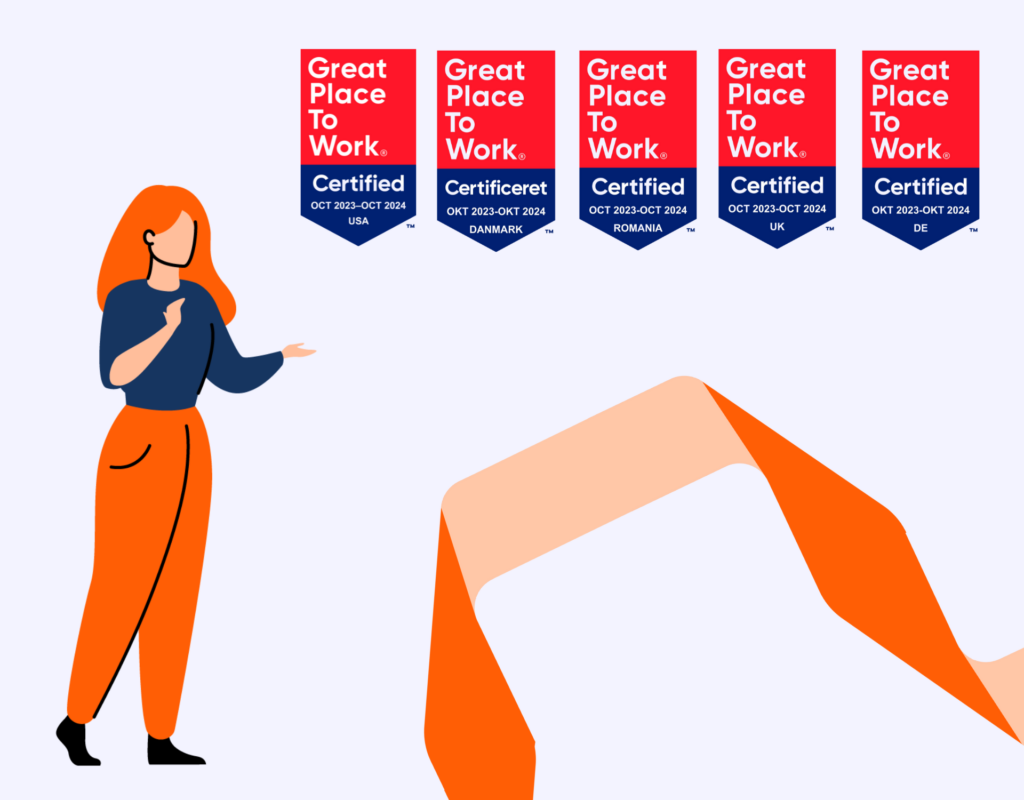
Great Place to Work Recognizes Zensai: An Inside Look at Our Winning Culture

CPD Meaning in Healthcare: Elevate Professional Skills with Learn365

LMS Meaning Explained: What is an LMS?

How to Manage Difficult Employees For a More Harmonious Workplace

How Employee Engagement and Performance Make the Perfect Double Act

8 Reasons Why Teams is the Ultimate Collaboration Tool
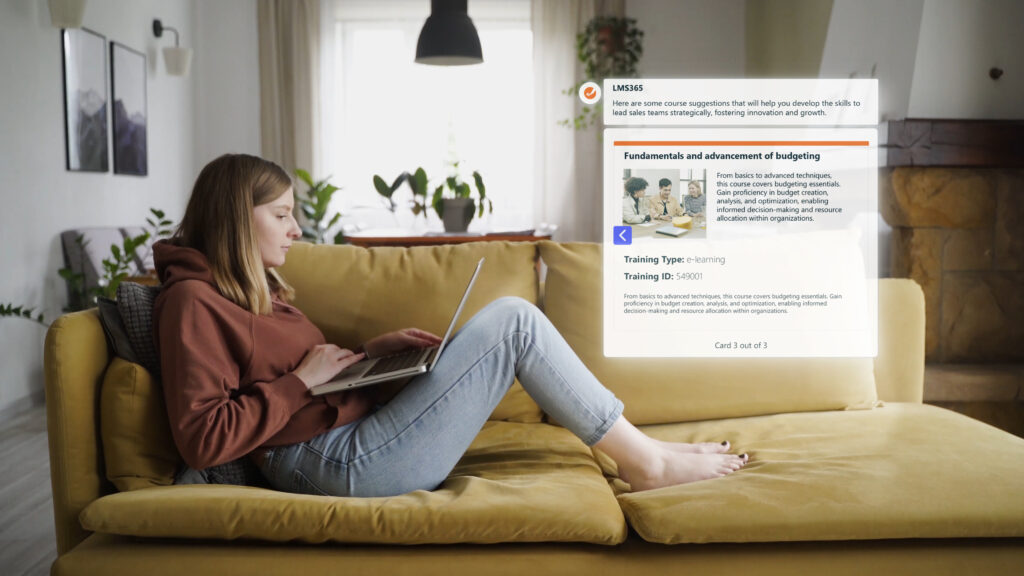
Zensai Introduces Groundbreaking AI-Powered Learning Technology for Improved Workforce Development

Wirral University Teaching Hospital Modernizes Training with Learn365 on NHSmail Central Tenant

Closing the Talent Gap: How Employee Experience and Targeted Training Can Prevent the Skills Shortage Crisis

Choosing the Best Free LMS: Is Freemium Right for Me?

Are You Ready to Invest in Immersive Learning? 6 Questions To Consider

Overcoming Challenges, Maximizing Results: Implementing AI-Driven Learning Programs in Your Organization

Microsoft Copilot: When AI Meets Virtual Instructor-Led Training

What is a weekly check-in?

How goal-setting with SMART or OKRs drives greater engagement
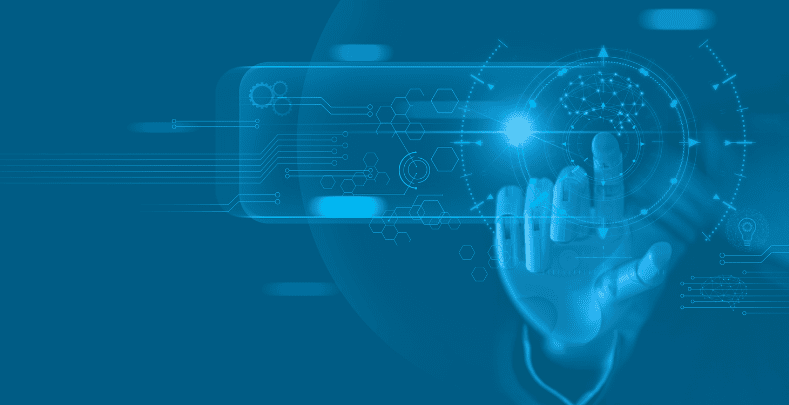
The employee engagement metric: 10Pulse
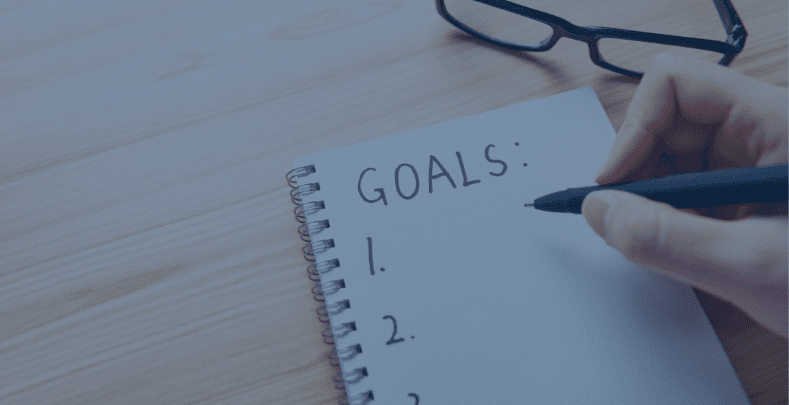
How to use OKRs for performance management

Zensai and Go1 Unite to Deliver a Diverse, World-Class Workplace Learning Experience

Performance management best practice in a remote world – top tips for success in 2023

10 people to listen to about the benefits of employee check-ins

5 steps to improving workplace autonomy that will drive employee engagement

Why eNPS isn’t a great measure of employee engagement

10 questions for managers to ask in a project review meeting

The disadvantages of a four-day work week

What’s the link between employee engagement and performance?

10 questions to ask in your weekly employee check-ins

5 reasons why people turn down promotions, from stress to a lack of commitment

Zensai Welcomes Microsoft Veteran, David Willis, to the Board of Directors

10 questions to ask when an employee requests a pay review
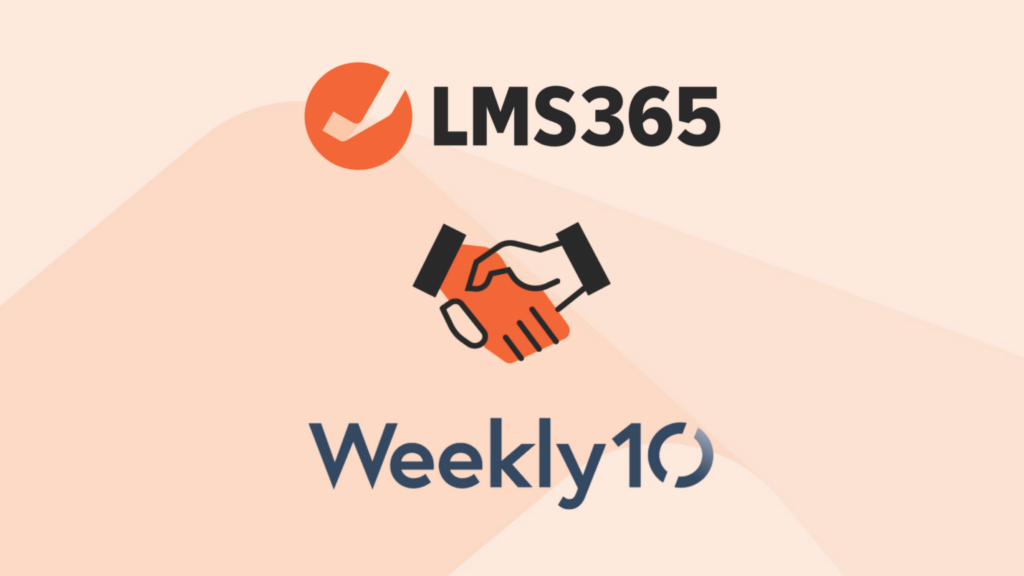
Hyper Scale Up, LMS365 Acquires Weekly10 to Expand on Their Learning and Performance Capabilities